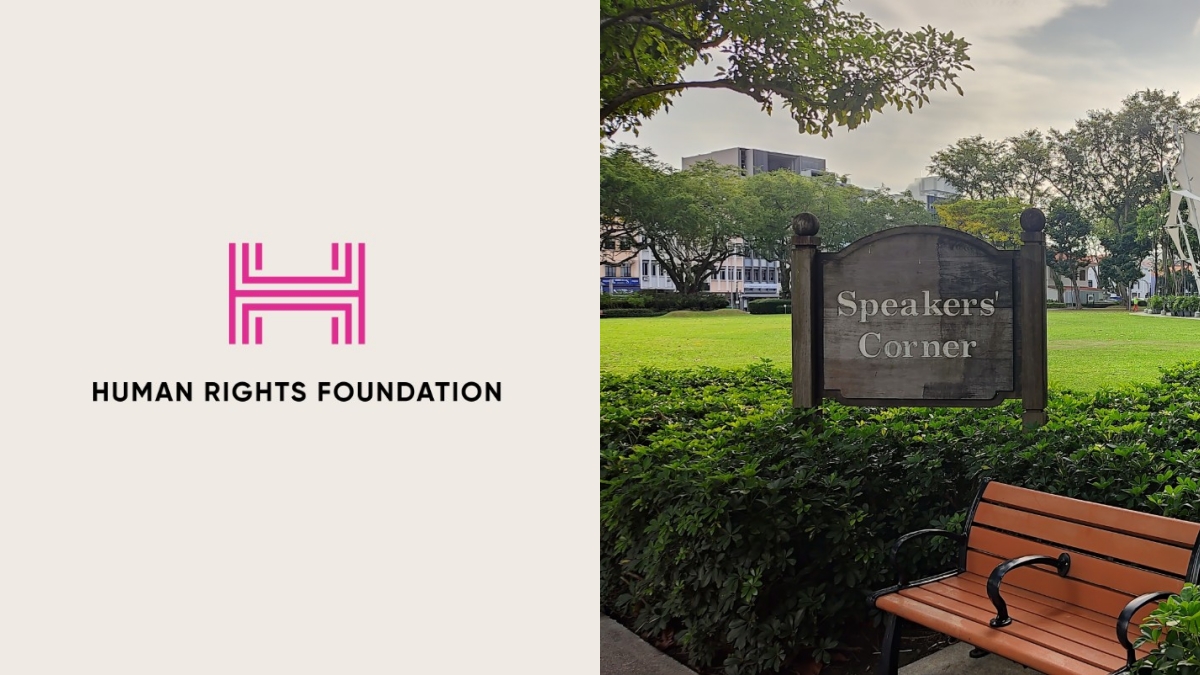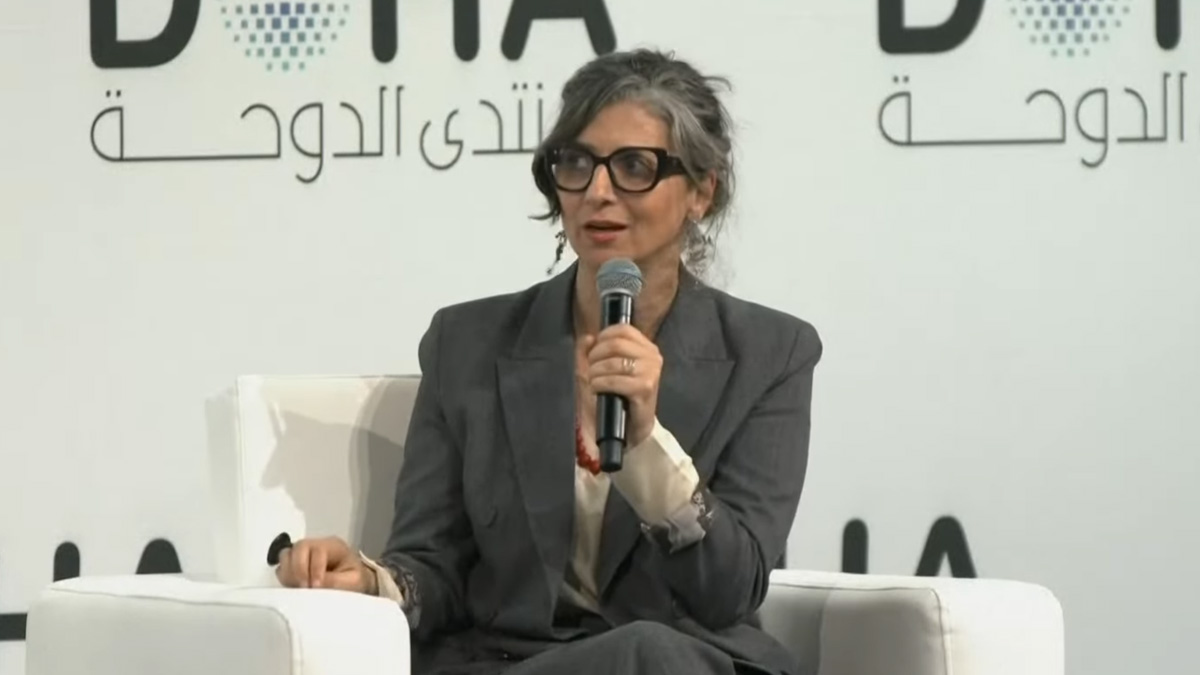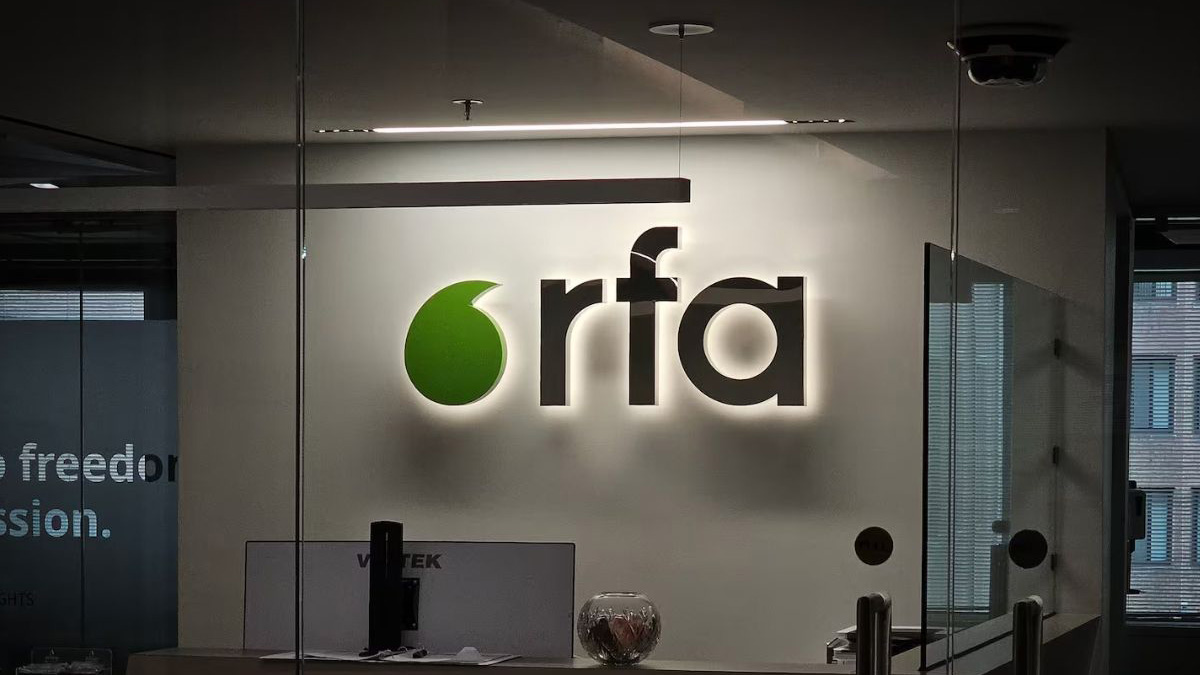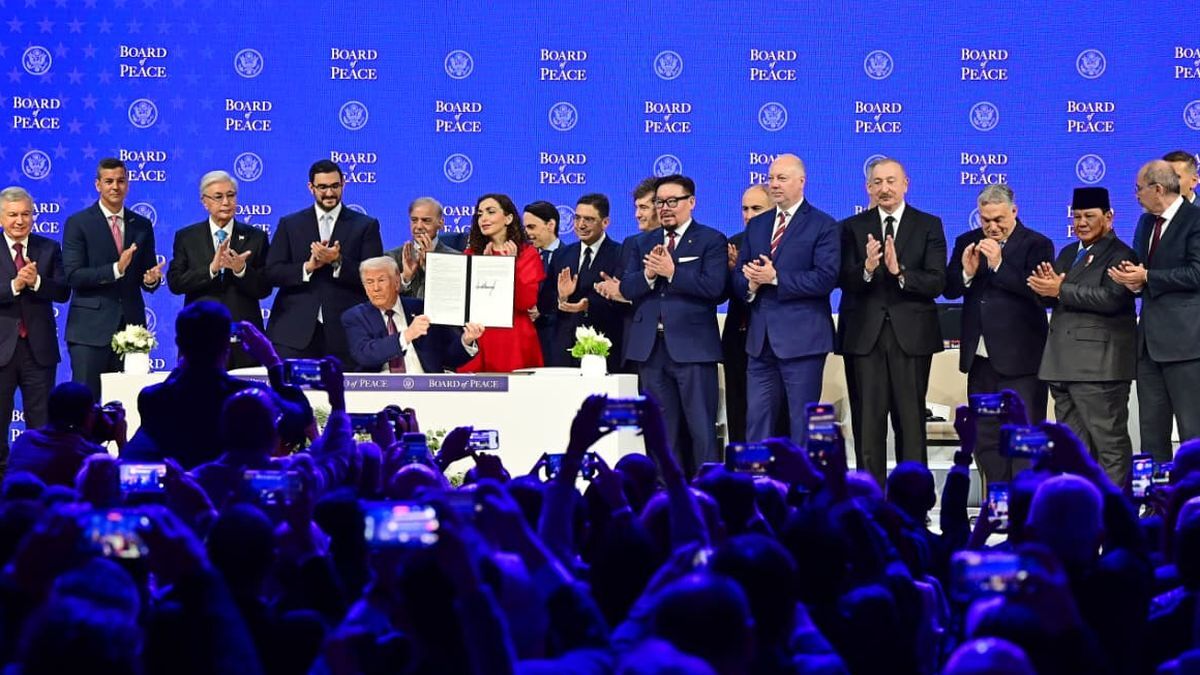HRF confirms Alexei Navalny was poisoned, urges global response to assassination
The Human Rights Foundation has confirmed Alexei Navalny was poisoned, citing lab analyses of secretly obtained biological samples. HRF and Yulia Navalnaya demand full public disclosure and international accountability.
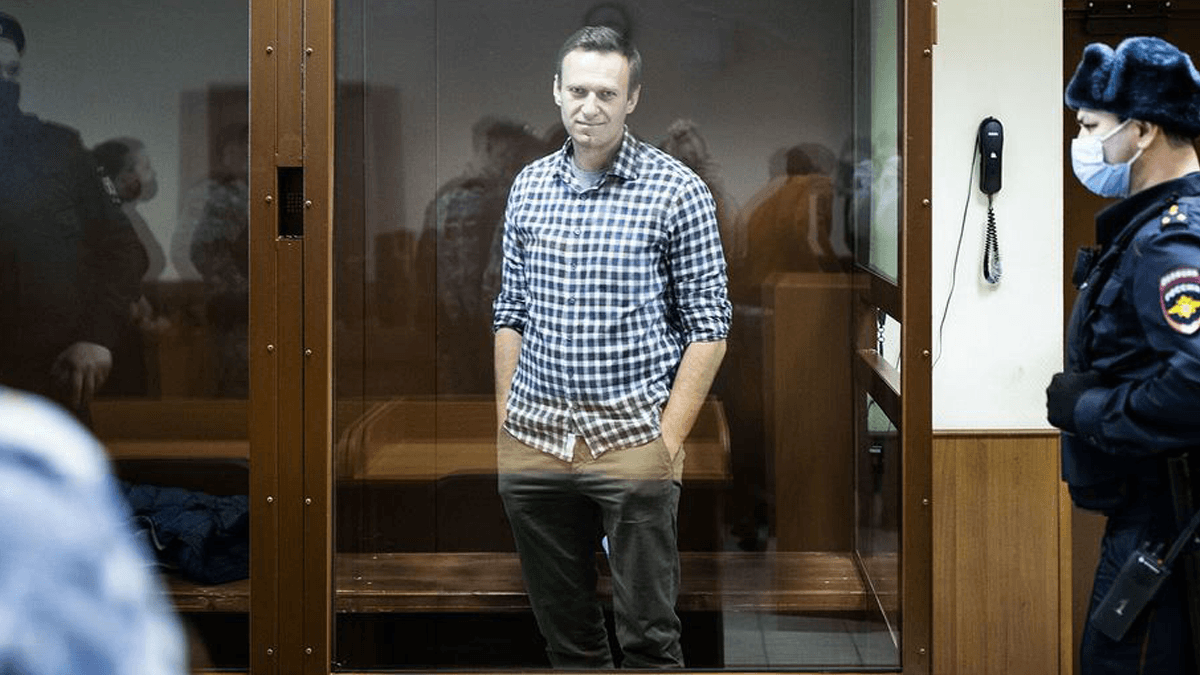
The Human Rights Foundation (HRF) has confirmed that Russian opposition leader Alexei Navalny died by poisoning, based on biological analyses conducted by laboratories in two countries. The findings were announced on 17 September 2025 by HRF Chair Yulia Navalnaya, who is also Navalny’s widow.
Navalny died in February 2024 at Penal Colony No. 3 — known as "Polar Wolf" — in the Russian Arctic. Though his death was widely reported, its precise cause had remained unconfirmed until now.
According to Yulia Navalnaya, biological samples were secretly collected shortly after his death and smuggled out of Russia. Independent analyses by two laboratories in different countries concluded that Navalny had been poisoned.
“My husband, Alexei Navalny, was poisoned. These are not empty words. I have every reason to say this,” Navalnaya stated. “In these labs, in two different countries, they reached the same conclusion: Alexei was killed.”
The findings echo suspicions raised since Navalny’s death, which followed years of political persecution, imprisonment, and isolation under Vladimir Putin’s regime. Navalny had previously survived a poisoning attempt involving the Novichok nerve agent in 2020.
Navalny, founder of the Anti-Corruption Foundation (FBK), was one of Putin’s most prominent critics. In 2018, he was barred from running for president — a move widely condemned by international observers as politically motivated. Throughout his life, Navalny exposed systemic corruption and campaigned for democratic reform in Russia.
Testimonies from prison staff suggest that Navalny showed signs of acute physical distress — including convulsions, chest pain, and vomiting — before being left unattended in a punishment cell. Surveillance footage from the facility, which had continuously monitored him for over three years, was inexplicably unavailable on the day of his death.
Despite global concern over Navalny’s treatment and suspicious death, neither the laboratories involved have published their full reports, nor have major governments taken decisive retaliatory action. HRF argues that this silence has allowed the Kremlin to avoid accountability.
Yulia Navalnaya has publicly called on the laboratories to release their findings in full. “We all deserve to know,” she said. “I demand full public disclosure of the results, showing exactly what poison was used against my husband.”
HRF’s founder and CEO, Thor Halvorssen, condemned the Russian government in unequivocal terms. “Today’s devastating confirmation leaves no room for doubt: Alexei Navalny was murdered, with cruelty and deliberation, by Vladimir Putin’s criminal regime,” he said.
“Vladimir Putin feared Alexei Navalny — he feared his courage, his vision for a free Russia, and above all, the truths he exposed about the criminal kleptocracy of Russia’s dictatorship,” Halvorssen added.
HRF reiterated its demand for the full publication of the toxicological analyses. It called on democratic governments and international institutions to respond with “maximum, coordinated pressure” on the Russian government.
The organisation stated that the assassination demonstrates the Kremlin’s willingness to silence dissent “with limitless brutality” when left unchecked.
As of now, there has been no official response from the Russian authorities regarding the latest allegations or the reported lab results.
Global reactions to Navalny’s death in 2024 included symbolic condemnations and calls for justice, but HRF now insists that moral outrage must be followed by tangible measures.
Yulia Navalnaya and HRF continue to advocate for justice, seeking to uphold Navalny’s legacy and expose the full truth behind his killing.


